Diseases of Small Ruminant
Goats and sheep are the two important species in the livestock production systems and are undergoing a phenomenal change during last few years. Its economic importance has further increased and likely to zoom in coming years. They support a large population of the rural landless and marginal farmers and have an important role to play in any programme aimed to alleviate rural poverty and livelihood security particularly in arid, semi-arid and hilly regions of the country. Their contribution to the economy constituted about 5.40% of the GNP to the Agriculture Sector. The incidence of diseases and parasitic infestations in small ruminants is one of the major constraints in the development of this enterprise and is reported to cause huge loss to the poor farmers and consequently to the Indian economy. Diseases result into very high mortality which ranges from 10 to 35%. In addition, diseases also cause morbidity losses in terms of low productivity of animals. There are heavy losses of good germ-plasm due to diseases. Many exotic and emerging diseases are now being introduced in India from other countries for which adequate information for their containment is not fully known. Some of the emerging disease like PPR and Blue tongue are causing substantial losses. Due to the prevalence of some diseases, the SPS regulation of many countries denies entry of Indian livestock products in WTO regime. The book has been written in 12 chapters covering most of the information related to general management and diseases of small ruminant. The topics comprised are on population, ecology, genetic resources, managemental practices, clinical examination, collection, preservation and dispatch of materials, important bacterial, viral, chlamydial, mycoplasmal, rickettsial, fungal, parasitic, emerging and exotic diseases, production and metabolic diseases and toxicities. The detailed account of these topics has been presented in the book. We hope, the information covered in the book will be very useful for small ruminant entrepreneurs, scientists, planners, students, teachers and farmers.
Get it now and save 10%
BECOME A MEMBER

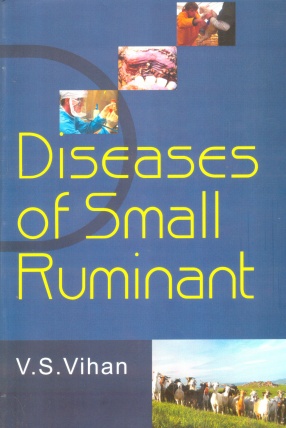
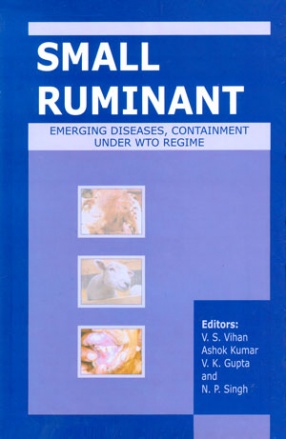
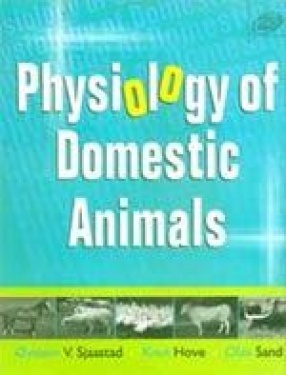
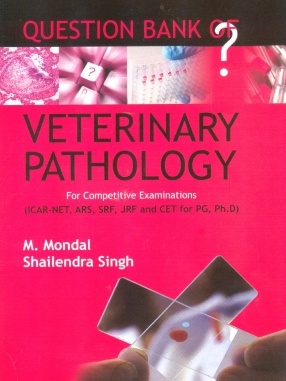
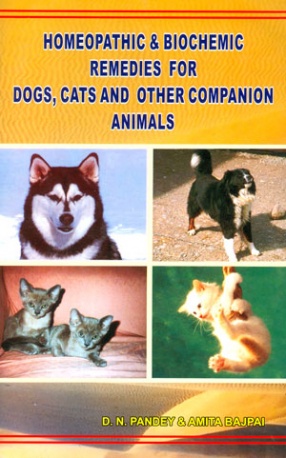
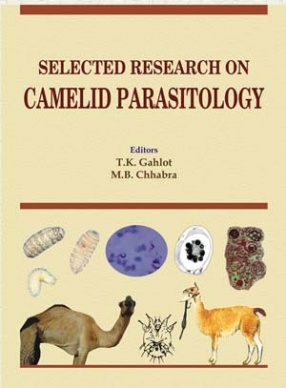

Bibliographic information